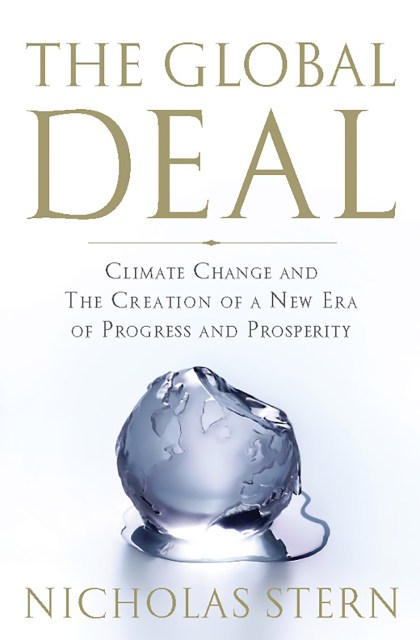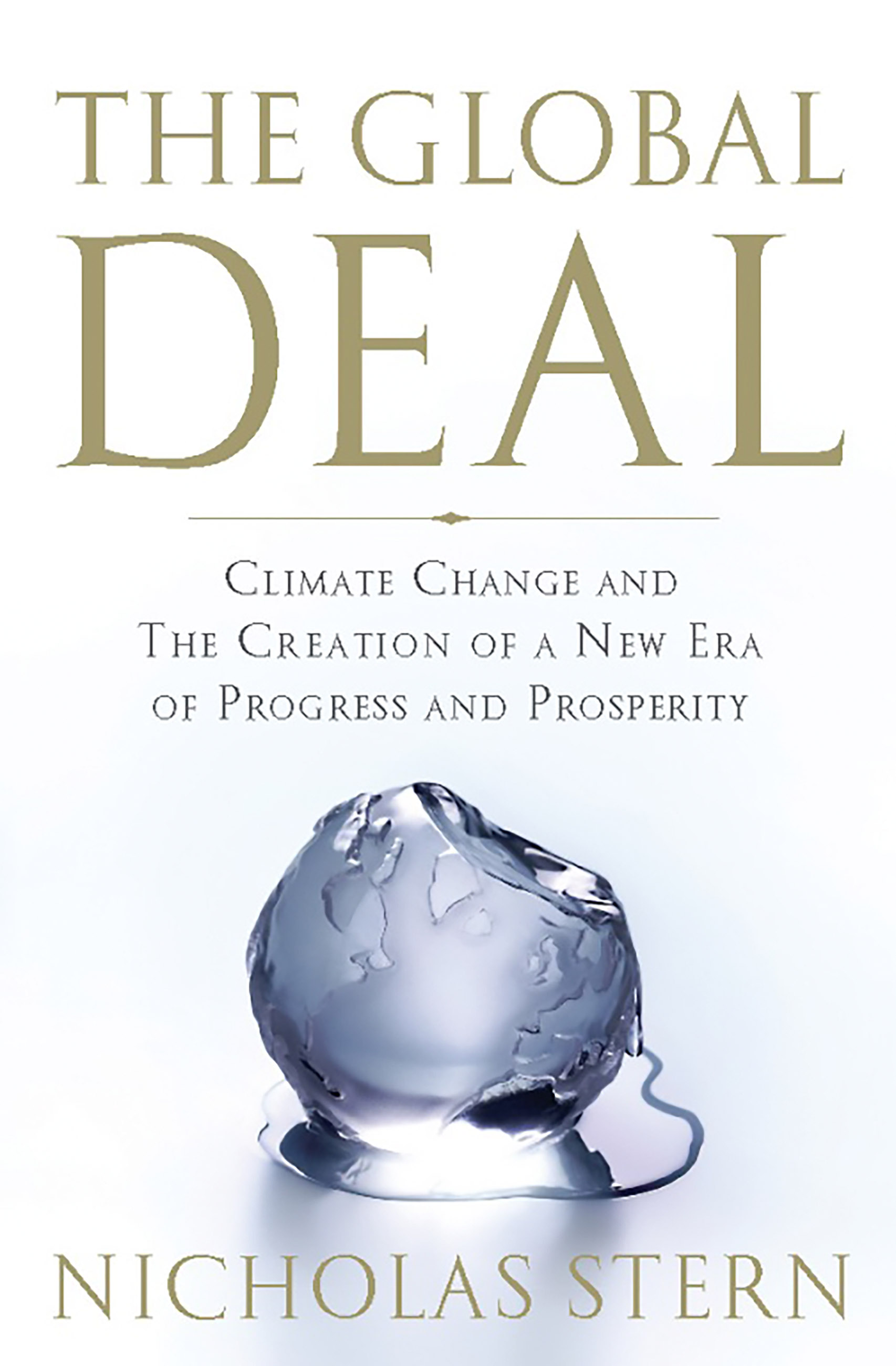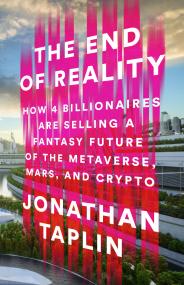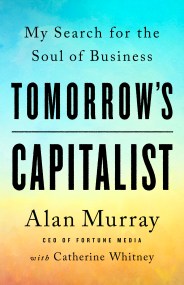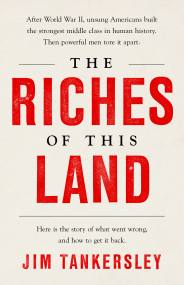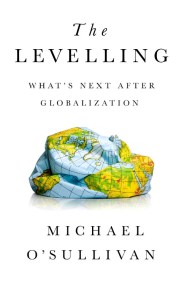Promotion
Use code MOM24 for 20% off site wide + free shipping over $45
The Global Deal
Climate Change and the Creation of a New Era of Progress and Prosperity
Contributors
Formats and Prices
Price
$17.99Price
$22.99 CADFormat
Format:
ebook $17.99 $22.99 CADThis item is a preorder. Your payment method will be charged immediately, and the product is expected to ship on or around April 28, 2009. This date is subject to change due to shipping delays beyond our control.
Also available from:
Now, Stern has transformed his report into a powerful narrative book for general readers. The Global Deal evaluates the economic future, and the essential steps we must take to protect growth and reduce poverty while managing climate change.
The future Stern outlines is optimistic and pragmatic; he believes we have the capacity and creativity to change. But we need the will to inspire our political leaders to drive a new global strategy.
Genre:
-
Kirkus, 3/15
“Erudite and effective”
Bill McKibben, New York Review of Books
“2009 may well turn out to be the decisive year in the human relationship with our home planet. By December, when the world’s leaders plan to gather in Copenhagen to sign a new global accord on global warming, we’ll know whether or not our political systems are up to the unprecedented challenge that climate change represents….Nicholas Stern’s new book provides the best scorecard we have for keeping track of this drama as it unfolds.”
- On Sale
- Apr 28, 2009
- Page Count
- 256 pages
- Publisher
- PublicAffairs
- ISBN-13
- 9780786741441
Newsletter Signup
By clicking ‘Sign Up,’ I acknowledge that I have read and agree to Hachette Book Group’s Privacy Policy and Terms of Use
